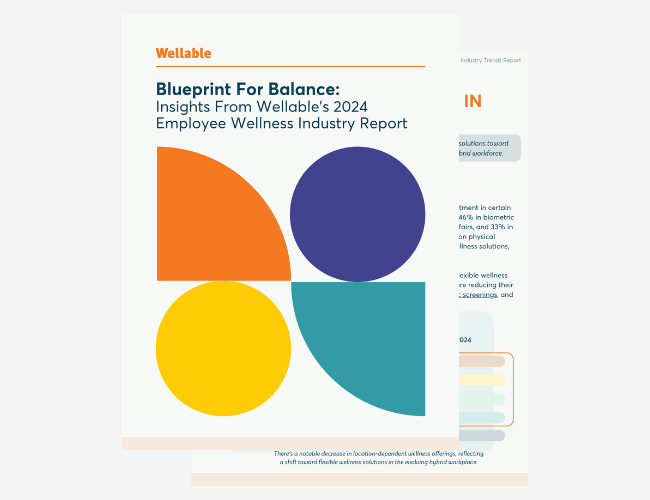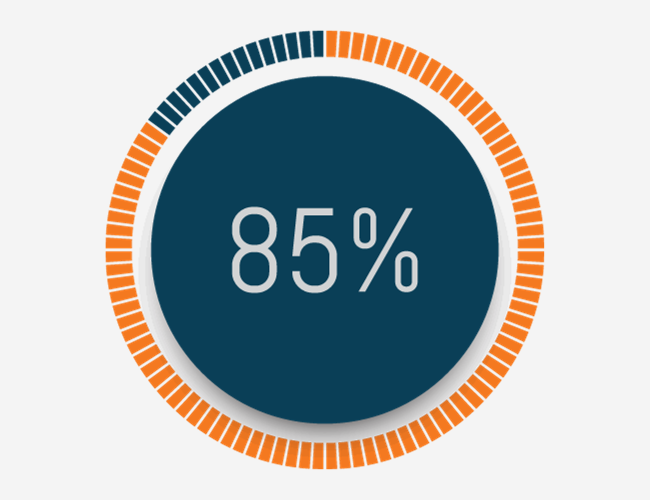Mindfulness, a practice whereby individuals cultivate a nonjudgmental awareness of the present moment, is one of the most popular employee wellness solutions. According to one report, 71% of employers are increasing their investments in mindfulness and meditation resources in 2022.
This investment strategy receives a significant amount of experimental support. Studies have found that mindfulness and meditation bring about a host of beneficial outcomes for employees and the organizations they work for. For example, in a recent literature review of 28 studies on mindfulness in the workplace, researchers concluded that mindfulness positively impacts stress, anxiety, burnout, cooperation, productivity, and job satisfaction.
While mindfulness has many empirically verified benefits, recent research suggests it can make people more prone to engage in unethical behavior. Given that ethical decision making is essential to a well-functioning organization, leaders must take a closer look at the moral risks of mindfulness before deciding whether to practice it themselves or include it as an offering in their organization’s wellness programs.
Moral Risks Of Mindfulness
Individuals often utilize mindfulness practices to decrease stress and other unpleasant feelings. However, some negative emotions (e.g., guilt and shame) can play important roles in driving moral behavior and shaping moral principles. Knowing this, a team of researchers devised a series of eight experiments to examine the impact of mindfulness on morality.
In the first experiment, subjects were asked to recall a situation that made them feel guilty and rate how guilty they felt. Half the participants listened to a focused-breathing mindfulness recording, which directed them to pay attention to their breathing and other physical sensations. Those who practiced this type of mindfulness reported weaker feelings of guilt.
The next experiments showed that by reducing feelings of guilt, mindfulness can make one feel less compelled to make up for past wrongs. For example, in one experiment, participants were asked to imagine being the CEO of a company that had committed a moral transgression. They were then told to rate the extent to which they felt inclined to do something to make amends. On average, the subjects practicing mindfulness during this experiment felt less prone to do something to correct their company’s wrongs.
Takeaway
A waning emphasis on doing the right thing can erode work culture, damage employee relationships, and even harm customers. In some organizations, unethical norms have led to catastrophic consequences. For example, some have argued that Boeing’s “culture of concealment”, which encouraged employees to hide dangerous faults in their products, resulted in the tragic crashes of two 737 MAX 8 airplanes.
Whether an organization needs to limit or adjust its use of mindfulness as a wellness tool to avoid these adverse ethical outcomes depends primarily on its culture. Corporate cultures characterized by trust, compassion, and collaboration may be more protected from the morally harmful effects of mindfulness. On the other hand, competitive and profit-driven cultures might be more vulnerable.
Leaders who practice mindfulness should consider their tendencies when it comes to making amends with employees, clients, or the public. Admitting fault and attempting to rectify past wrongs is essential for maintaining positive relationships with each of these groups. Leaders should think about whether mindfulness might be removing unpleasant emotions that would help them respond more effectively and ethically.
It’s also important to note that mindfulness comes in many forms, each of which has unique effects. For example, while the research team found that focused-breathing mindfulness decreased guilt and prosocial reparative behaviors, this was not so for loving-kindness meditation, which involves imagery exercises where one calls to mind other people and sends them well wishes. Regardless of company culture or leadership’s moral tendencies, this alternative form of mindfulness may prove to be an all-around better option.












